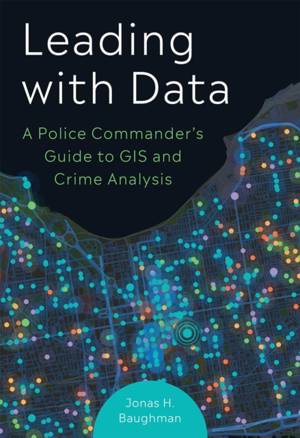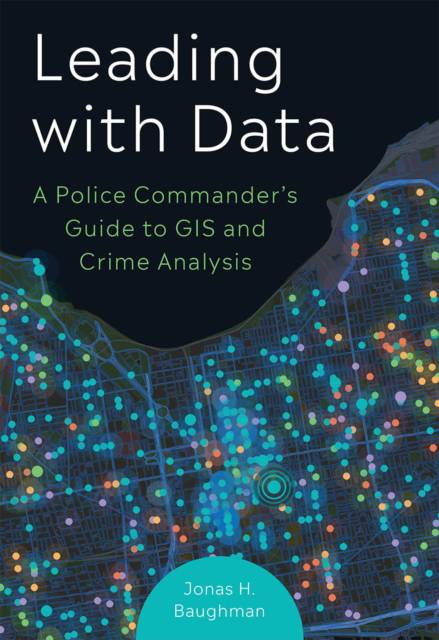
- Retrait gratuit dans votre magasin Club
- 7.000.000 titres dans notre catalogue
- Payer en toute sécurité
- Toujours un magasin près de chez vous
- Retrait gratuit dans votre magasin Club
- 7.000.000 titres dans notre catalogue
- Payer en toute sécurité
- Toujours un magasin près de chez vous
Leading with Data
A Police Commander's Guide to GIS and Crime Analysis
Jonas H Baughman
Livre broché | Anglais
30,95 €
+ 61 points
Description
The fundamental guide for police commanders on using crime analysis to lead effectively.Effective, actionable crime analysis can empower modern law enforcement agencies, and their commanders, to promote public safety. But how do police commanders use this information to lead their agency strategically? Leading with Data: A Police Commander's Guide to GIS & Crime Analysis shows how to take a geographical approach to analyzing and utilizing police data, allowing commanders to make more efficient and effective decisions. A strong crime analysis and mapping platform can help commanders sift through large amounts of data and other information to discover what matters most in relation to the agency's operational priorities as well as those voiced by local communities. This book covers how to:
- Use crime analysis and GIS to provide substantial insight into the causes of a given problem and design the best possible strategies for collaboration and positive outcomes Utilize crime analysts in a productive and impactful way Successfully implement GIS and crime analysis into practice on the job Support crime analysis in an organization
Spécifications
Parties prenantes
- Auteur(s) :
- Editeur:
Contenu
- Nombre de pages :
- 135
- Langue:
- Anglais
Caractéristiques
- EAN:
- 9781589487482
- Date de parution :
- 17-06-25
- Format:
- Livre broché
- Format numérique:
- Trade paperback (VS)
- Dimensions :
- 127 mm x 216 mm







